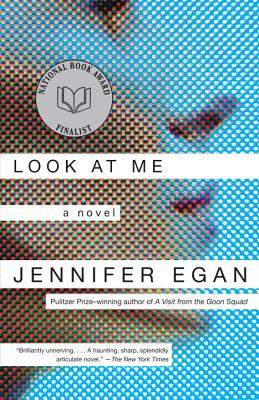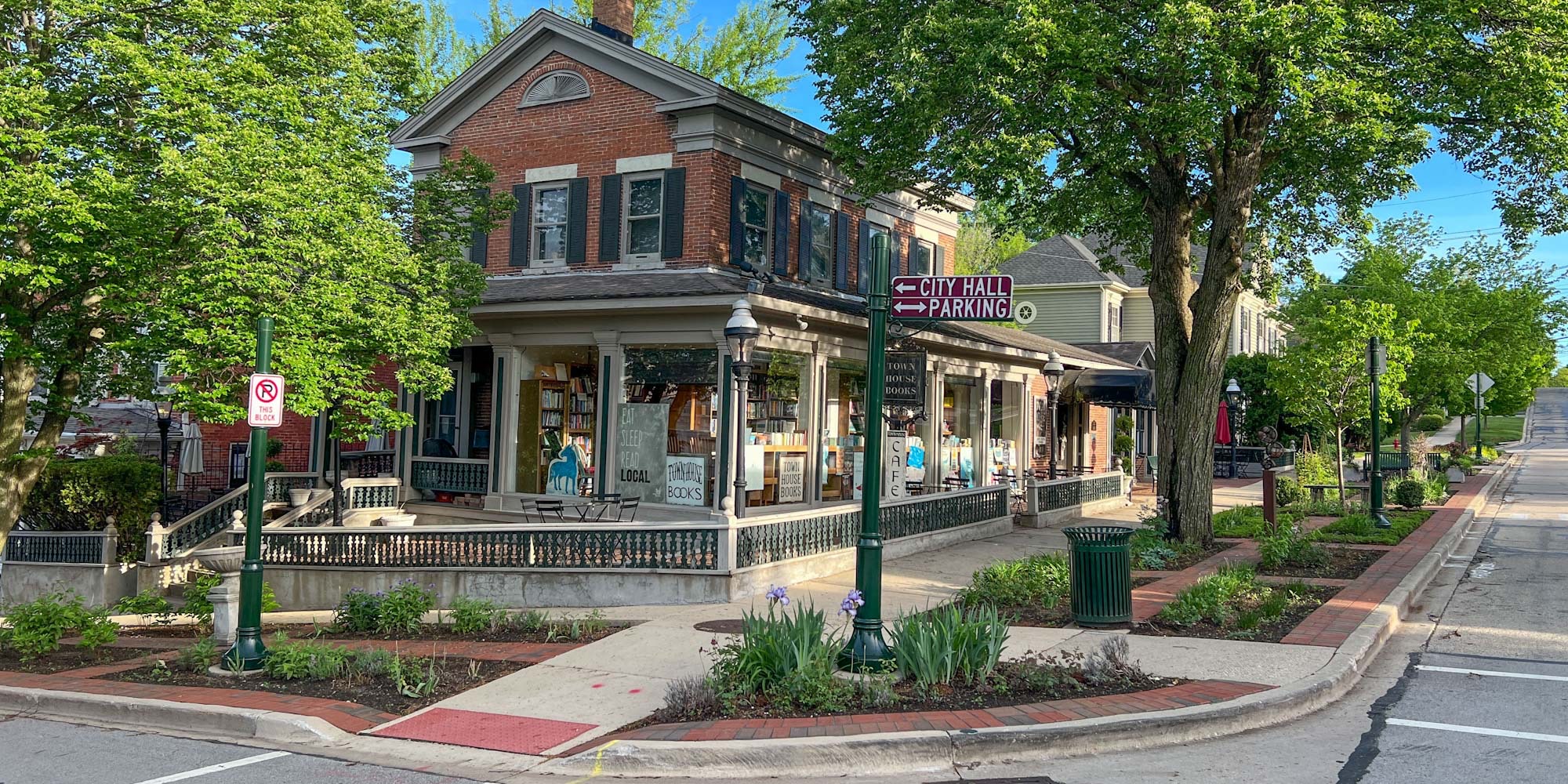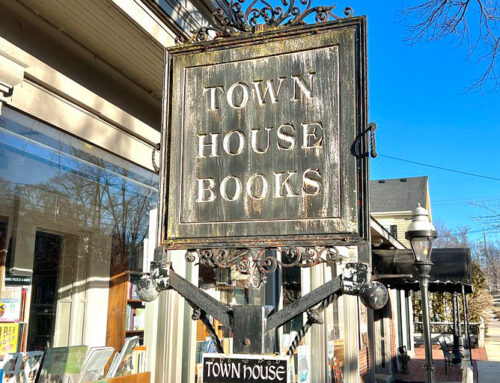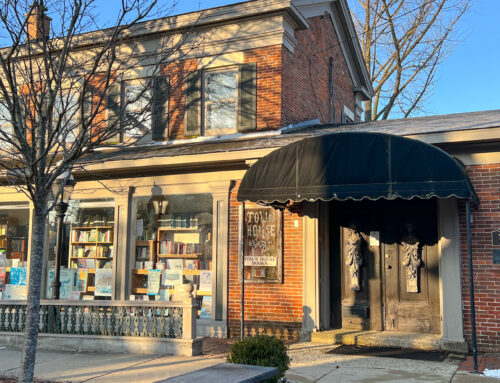Mirror, Mirror On The Wall: Questions of Identity
“You can hide behind your face,” she told him, and that’s what he did.
That’s what got him through all of it.
–Jennifer Egan, from Look At Me
Questions of identity are front and center in many of the titles currently being published. How we present ourselves, how we wish to be seen, what we want to be called. On social media as well as in everyday exchanges, many of us expend considerable effort to create a particular image of ourselves, our families, our businesses. Both false and earnest. How do we balance our desire to share and to be known over and against our fear of just such revelation?
It is worth considering what of this we can trust. What is important about what we share of ourselves, what is authentic, and what difficulties arise when the private becomes public? What happens to ‘the personal’ in a culture preoccupied with attention-seeking and the merits of group consensus? Or as the artist Edvard Munch described it, “the power of social mechanisms, how they force everything into the channel of consensus, and what it must cost not just to oppose them but to work within them.”
 In the novel Look At Me, Jennifer Egan brilliantly addresses these questions. At the core of the story is Charlotte Swenson, a woman who was once a New York City fashion model, but due to a major car accident, has had a complete reconstruction of her face and appearance. As she heals and attempts to maneuver her way back into the life she once knew, she encounters profound questions of identity and appearance as well as unresolved issues with the Midwestern roots she fled in search of a more glamorous life. The novel is layered with a variety of other intriguing characters who are also struggling with identity, woven deftly together to a satisfying and searching conclusion.
In the novel Look At Me, Jennifer Egan brilliantly addresses these questions. At the core of the story is Charlotte Swenson, a woman who was once a New York City fashion model, but due to a major car accident, has had a complete reconstruction of her face and appearance. As she heals and attempts to maneuver her way back into the life she once knew, she encounters profound questions of identity and appearance as well as unresolved issues with the Midwestern roots she fled in search of a more glamorous life. The novel is layered with a variety of other intriguing characters who are also struggling with identity, woven deftly together to a satisfying and searching conclusion.
Jennifer Egan’s other books include such award winning titles as A Visit From The Goon Squad and Manhattan Beach. In her most recent novel, The Candy House, she continues to grapple with the conundrum of public identity versus private connection, as well as a myriad of other relevant issues that she broached with the publication of Look At Me twenty years ago—a harbinger of things to come. Candy House picks up these threads and invites us to further reflection on identity, authenticity, and humanity in a digital world. Egan is also not without humor, much to our relief!
If you are interested in reading more along these lines, we hope you’ll take a look at the extensive list we have created of both fiction and non-fiction titles: Keeping Up With Identity.
Happy Reading!




